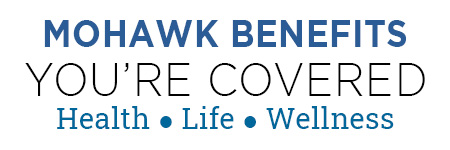Mental Health Awareness Month

What is mental health?
Why is mental health important for overall health?
Can your mental health change over time?
How common are mental illnesses?
- More than 1 in 5 US adults live with a mental illness.
- Over 1 in 5 youth (ages 13-18) either currently or at some point during their life, have had a seriously debilitating mental illness.5
- About 1 in 25 U.S. adults lives with a serious mental illness, such as schizophrenia, bipolar disorder, or major depression.
What causes mental illness?
- Adverse Childhood Experiences, such as trauma or a history of abuse (for example, child abuse, sexual assault, witnessing violence, etc.)
- Experiences related to other ongoing (chronic) medical conditions, such as a traumatic brain injury, cancer, or diabetes
- Biological factors or chemical imbalances in the brain
- Use of alcohol or drugs
- Having feelings of loneliness or isolation
Take the Mental Health Quiz
Test your mental health knowledge with this quick 10 question quiz.
Employee Assistance
Remember, as part of the Mohawk team, you and your family have access to an amazing resource called Employee Assistance (EA) through Cigna. This program is designed to support you and your loved ones with various challenges that may arise while juggling work and home life. You can find a wealth of helpful information online at mycigna.com, including interactive tools and educational materials on a variety of work and life topics, such as a stress management toolkit. If you need more personalized support, EA can assist in connecting you with local professionals and resources in your community or online. The best part? It's completely confidential and won't cost you a thing. With up to 6 sessions per issue per year, EA is an easy-to-use and valuable resource for you and your loved ones. To register, simply visit mycigna.com with your employer ID, Mohawk, or give them a call at 855- 566-4295.
Want More Information?
Visit the CDC's Mental Health Home page to find resources for help and support.
- Saving for What Matters Most
- Test your heart disease knowledge
- Using your Benefits to the Fullest
- Diabetes Awareness Month
- Prioritize your health during National Wellness Month
- National Eye Exam Month
- July is National Picnic Month
- Ultraviolet (UV) Safety Awareness
- June is National Men’s Health Month
- May is National Physical Fitness & Sports Month

